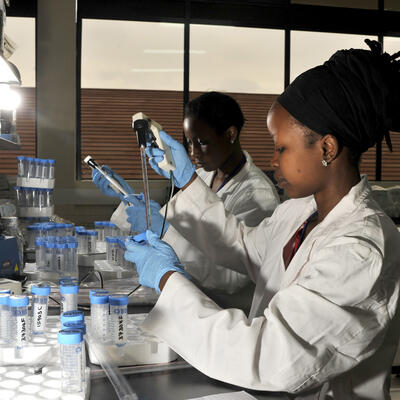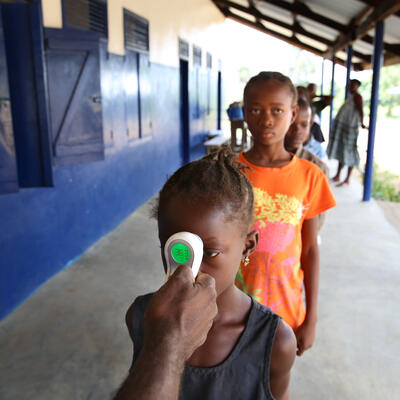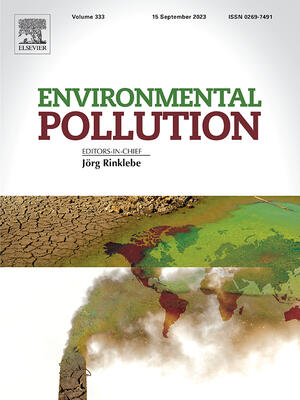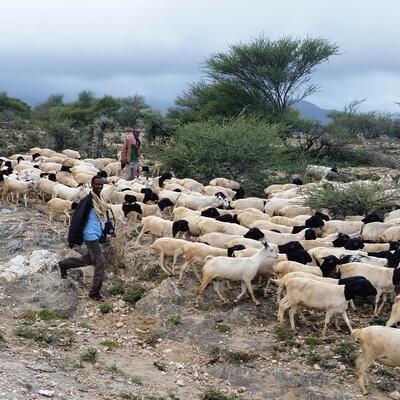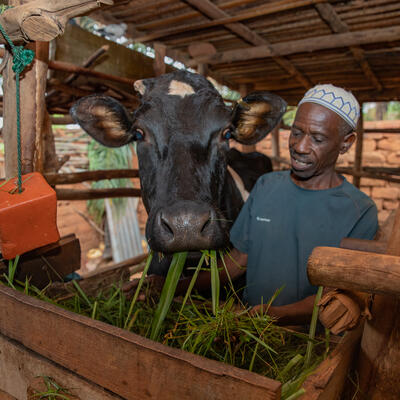
Epidemiology, ecology and socio-economics of disease emergence in Nairobi (Urban Zoo)
This project is focused around the important question of pathogen emergence, and the role of urbanization in the emergence of zoonotic pathogens.
The overall objective of the project is to understand the mechanisms leading to the introduction of pathogens into urban populations through livestock commodity value chains, and their subsequent spread. The focus is on livestock as sources of these pathogens, because emerging diseases are likely to be zoonotic in origin, and livestock pathogens, through the close interactions between livestock, their products and people, are at high of risk crossing the species barrier. The geographical focus is the city of Nairobi, Kenya and its hinterlands. In the microbiology components, the project takes a landscape genetics approach to understanding E. coli distribution and spread, with a view to understanding how this is affected by environmental and socio-economic factors. The project includes a public health component investigating the etiology of diarrhoea in children in low-income settlements, centred on the Korogocho and Viwandani slums, part of the Nairobi Urban Health Demographic Surveillance System.
Partners
African Population and Health Research Center
Development Planning Unit, University College London
Food and Agriculture Organization of the United Nations
International Institute for Environment and Development
International Livestock Research Institute
Kenya Medical Research Institute
Roslin Institute
Royal Veterinary College, London
University of Liverpool
University of Nairobi
University of Edinburgh
Wellcome Trust Sanger Centre







